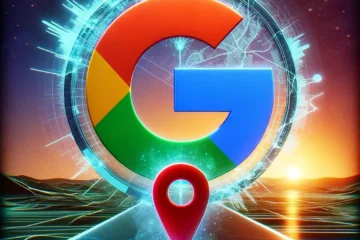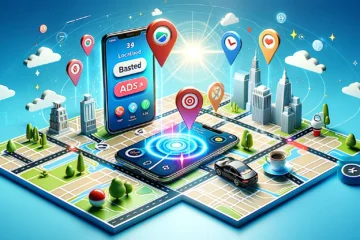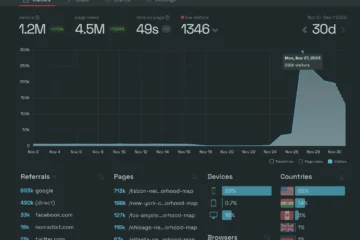Imagine a scenario where you can freely pick up a water bottle from a store, or sit in a restaurant without the immediate question of choosing between “mineral water” or “normal water.” This is the innovative world that FreeWater envisions.
In India, a 500 ml Bisleri Mineral Water bottle costs around INR 10.
Meanwhile, in the USA, FreeWater offers a 500 ml Spring water bottle, packaged in eco-friendly aluminum or paper, at no cost.
This unique approach is not just a fleeting idea; it’s a reality that’s challenging the norms of consumer experience.
FreeWater's Innovative Advertising-Funded Business Model
The concept of receiving products for free is both intriguing and revolutionary, raising questions about the sustainability and mechanics of such a business model. The old saying “If you’re not paying for it; you are the product” rings true for FreeWater, but this is not a drawback; rather, it’s the cornerstone of their business strategy.
FreeWater operates as a consumer goods advertising company, aligning itself with internet advertising giants like Facebook and Google. However, instead of placing its brand on the bottles, FreeWater transforms its packaging into valuable advertising space. Brands can place their ads and messages on each carton and bottle, covering the costs of manufacturing, distribution, sales commissions, charitable donations, and FreeWater’s profit.
While branding and advertising on consumables have been seen in B2B contexts, such as on tea cups, FreeWater is pioneering this approach in the B2C sector, proving its viability and sustainability.
Free Everything - Power of Innovation
Josh Cliffords, the visionary behind FreeWater, has grand aspirations for the future. He aims to expand this model to offer an array of free products and services. His ambitious plan includes opening the world’s first free supermarket, which will host a variety of products ranging from food, beverages, clothing, and medicine to computers, transportation, and travel.
This innovative approach challenges traditional commerce and consumerism norms, showcasing that innovation doesn’t always have to be technological. It can also manifest as a novel business plan, redefining product and service consumption.
FreeWater’s model exemplifies the transformative power of creative thinking and advertising’s potential to sustain a business while providing tangible consumer benefits. By offering products for free, FreeWater is contributing to a paradigm shift in the consumer goods industry, fostering a new era of consumer experience that is both innovative and sustainable.
Note: In case you are looking for a Product Management course, I would highly recommend joining this cohort-based course – ISB Executive Education – Product Management program
PS: You can connect with me for review or referral discount (link for referral discount)


